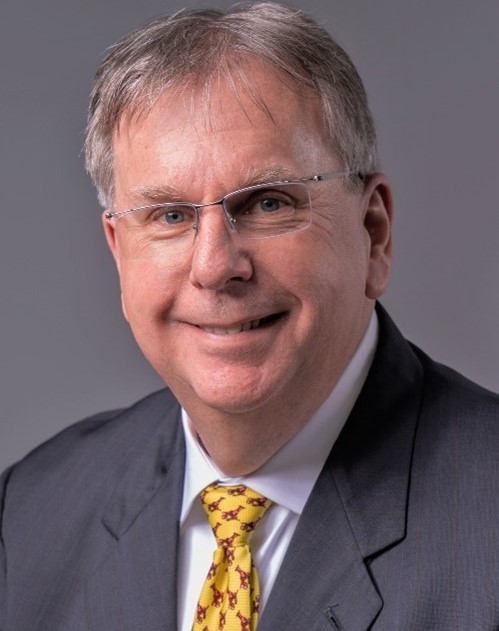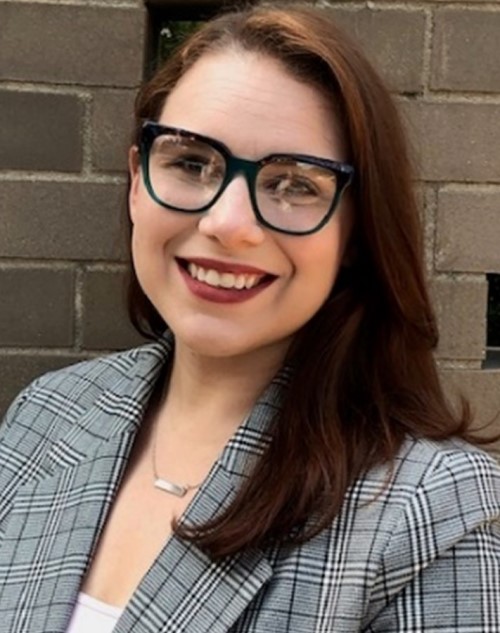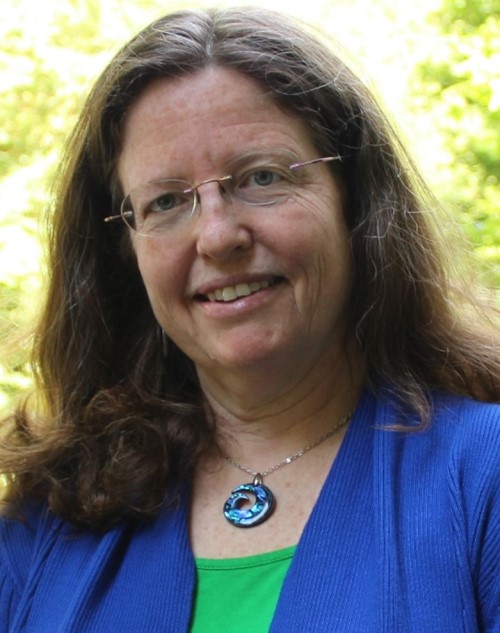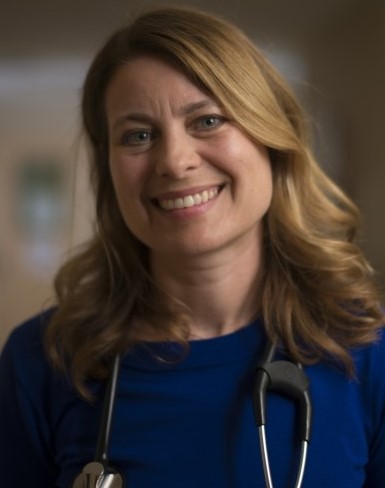Virtual Learning Experience
October 6, 2022
6:00–7:30 p.m.
Presented by The Massachusetts Medical Society and its Committees on Medical Education, Public Health, and Mental Health and Substance Use.
The program will be moderated by Stefan Topolski, MD; Internist/Hospitalist, Trailside Health, LLC; Baystate Health; Assistant Professor, UMass Chan Medical School; Consultant, Massachusetts Consultation Service for Treatment of Addiction and Pain.
View event flyer (PDF)
Course Description
The United States has battled with illegal drugs for well over 100 years. Yet prohibition of these drugs, especially cocaine and opioids, is implemented in an inequitable way in this country, with criminalization of substances used strategically to target
people of color. Of importance, more White people use drugs than Black people according to data, yet Black and Brown people are arrested in much larger numbers. Incarcerating those who use drugs destroys community, family life, children’s lives, mental
health, housing security, and food security.
There is well-established scientific evidence that substance use disorder is a chronic relapsing disease, not a legal or moral issue, and addiction is best treated in health systems where all evidence-based approaches to treatment are available and where
relapse signals the need for more help. The Massachusetts Medical Society “supports legislative and policy efforts that reduce conviction and incarceration solely for personal possession and illicit use of drugs and supports increased access to harm
reduction services and all forms of treatment.”
Commitment to resources for harm reduction and treatment, as opposed to incarceration, is crucial. Physicians, the health care community as a whole, its administrators, law enforcement, and legislators need consider decriminalization further, but we must
first educate ourselves.
This live, virtual webinar will explore the positive and negative impacts of decriminalizing possession and personal use of illegal drugs through brief presentations, discussion among the presenters and moderator, and participant questions posed to the
speakers.
Course Objectives
- Describe how stigmatization of illicit substance use contributes to social and health disparities, and fewer treatment options.
- Examine how substance use disorders is a chronic and relapsing disease and not a moral failure.
- Assess the role of physicians, health care allies, legislators, and law enforcement in aiding those with a history of illicit substance use.
- Develop the skills to provide resource information and/or treatment options to those using illicit substances for personal use.
- Analyze the role of the criminal justice system regarding illicit substances and personal use.
Agenda
6:00 p.m.
Welcome and Introductions

Theodore A. Calianos, II, MD, FACS
President, Massachusetts Medical Society
Opening Remarks and Brief Presentations
Moderator Perspective

Stefan Topolski, MD
Founder and Medical Director, CottageMed
Internist/Hospitalist, Trailside Health, LLC
Consultant, Massachusetts Consultation Service for
Treatment of
Addiction and Pain (MCSTAP)
Faculty Perspectives

Catherine Tomko, MHS, PhD
Postdoctoral Fellow, Department of Mental Health
Johns Hopkins University Bloomberg School of Public Health

Eowyn Rieke, MD, MPH
Medical Director, Outpatient Services
Fora Health, Portland, Oregon
Vice President, Oregon Chapter, American Society for Addiction Medicine
Member, Oregon Measure 110 Oversight and Accountability Council

Jessie Gaeta, MD
Physician, Boston Healthcare For the Homeless
Assistant Professor of Medicine in General Internal Medicine
Boston University School of Medicine
6:55 p.m.
Conversation with Moderator and Faculty
Questions & Answer Session
Concluding Remarks

Theodore A. Calianos, II, MD, FACS
President, Massachusetts Medical Society
7:30 p.m.
Adjourn
Registration Fees
Massachusetts Medical Society (MMS) Member: $112.50
MMS Resident/Student Member: FREE
Nonmember Physician: $225.00
Nonmember Resident/Student: $56.25
Allied Health Professional/Other: $90.00
Accreditation Statement
The Massachusetts Medical Society is accredited by the Accreditation Council for Continuing Medical Education (ACCME) to provide continuing medical education for physicians.
AMA Credit Designation Statement
The Massachusetts Medical Society designates this live activity for a maximum of 1.5 AMA PRA Category 1 CreditsTM. Physicians should claim only the credit commensurate with the extent of their participation in this activity.
This activity meets the criteria of the Massachusetts Board of Registration in Medicine for risk management study.
